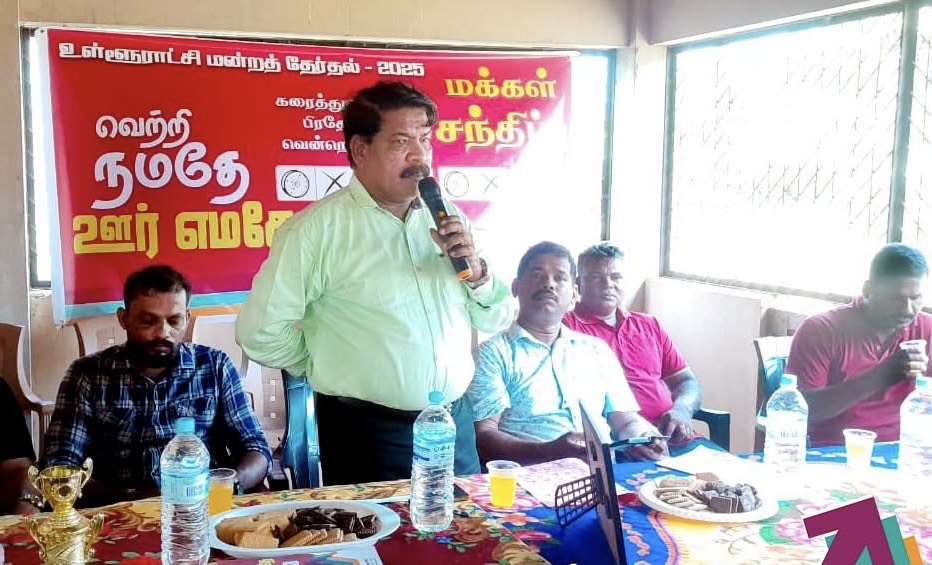In an interview with Bhagwan Singh, published in the Deccan Chronicle, Sri Lankan president, Mahinda Rajapaksa slammed calls for a war crimes inquiry as "baseless issues" contrived by the Tamil diaspora, and dismissed the TNA's demands as "impossible".
See here for interview in full.
Extracts of Rajapaksa's responses reproduced below:
On calls for a war crimes investigation
"The LTTE remnants in these Western countries are bringing pressure on political leaders there to raise baseless issues against Sri Lanka."
"After the 1880 uprising in Ceylon’s Uva (in the south), the British rulers killed every male aged above 14, and destroyed all water reservoirs to force the people into starvation. They took away land. They did that in India, too. And they talk of human rights now. The West wants me to be their lackey and I refuse to be that."
On relationships with India
"For me, India is first, and others come only after India. As soon as I came to power, I went to India and got their support; after that, I did not have to bother about the UN, UK, US, and so on."
On TNA and devolution
"They (TNA) have the same attitude as the LTTE.
"They demand impossible things — merger of the north and the east, land policy and police. See what happened in your country [India] when Rahul Gandhi was travelling in Uttar Pradesh. Chief minister Mayawati tried to get him arrested. Do you think I want to get arrested by these people (by giving the Tamils a police force)?


